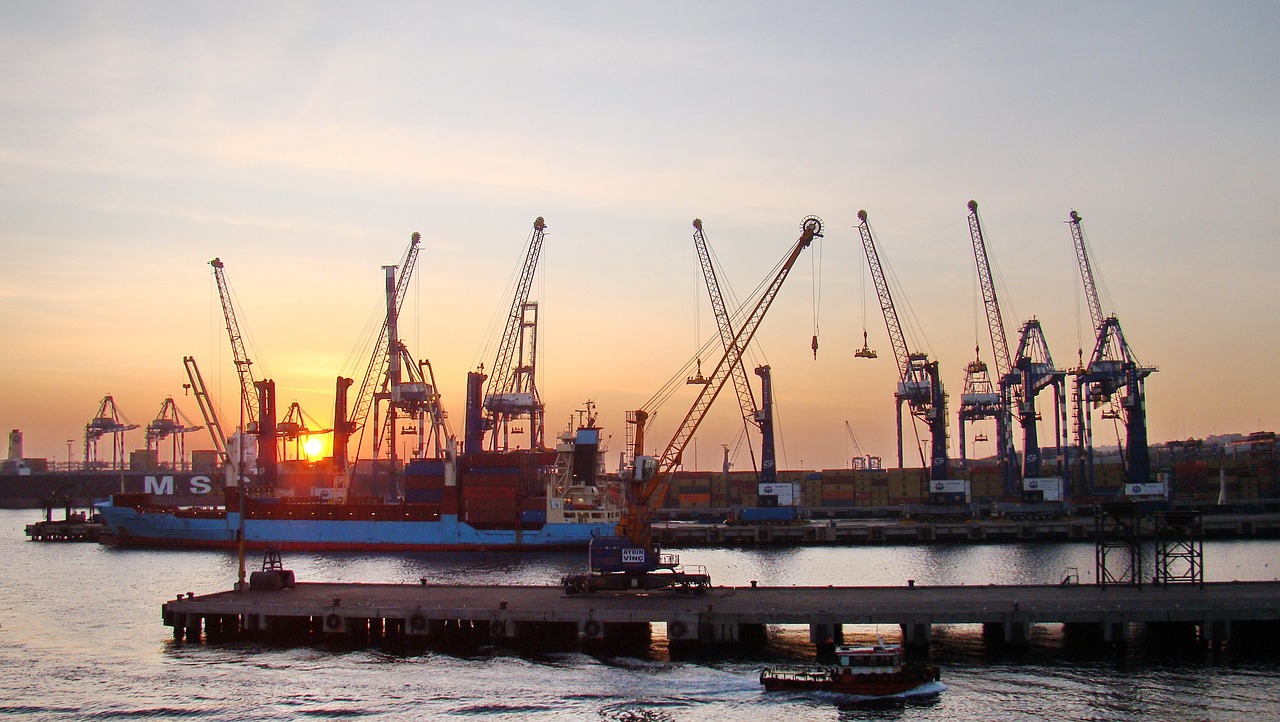A ruling by the Constitutional Court could substantially change the system of company trade union representations.
This is according to Orsa, highlighting how “with ruling no. 156 of 2025, the Constitutional Court declared the first paragraph of article 19 of the Workers’ Statute unconstitutional, in the part that limited the establishment of Rsa (Rappresentanze Sindacali Aziendali) only to trade unions that signed the company collective agreement.”
In detail, the judges declared the unconstitutionality of the mentioned article “in the part that does not provide for the possibility that company trade union representations can be established on the initiative of workers in every production unit also within the trade union associations that are comparatively more representative at the national level.”
And they hoped for “a comprehensive rewriting of the censured provision by the legislator, so that it, after having been deeply affected by the referendum outcome, and subsequently amended by this Court, will outline a regulatory framework capable of enhancing actual representativeness in the company as the criterion for access to the promotional protection of workers’ organizations.”
According to the union, “from today, no company will be able to hide behind the excuse of ‘not being a signatory of the Ccnl’ to deny workers the right to choose who represents them. It is a victory for justice, freedom, and democracy. The ruling has a potentially disruptive impact on a national scale: all trade unions that are comparatively more representative at the national level, even if not signatories of the collective agreement, will be able to establish Rsa and sit at the negotiation tables. A principle that strengthens Orsa’s position in companies like Arst, Amt Genova, and in the maritime sector, where the acronym is already strongly rooted among workers.”
While awaiting intervention by the legislator on the rules of representation, which at this point is even more urgent, Orsa’s predictions about the disruptiveness of the ruling are indeed easily arguable. Industrial agreements, whether renewals of Ccnl or second-level agreements, are subject to votes among workers, directed by campaigns necessarily led by the Rsa and nowadays increasingly characterized by high abstention rates. It is clear that the change in the composition of the Representations could strongly impact the related results, especially in sectors like the port sector (just think of what happened with the last renewal of the Ccnl) and the maritime sector, where several autonomous non-signatory acronyms have strong pockets of representation.





